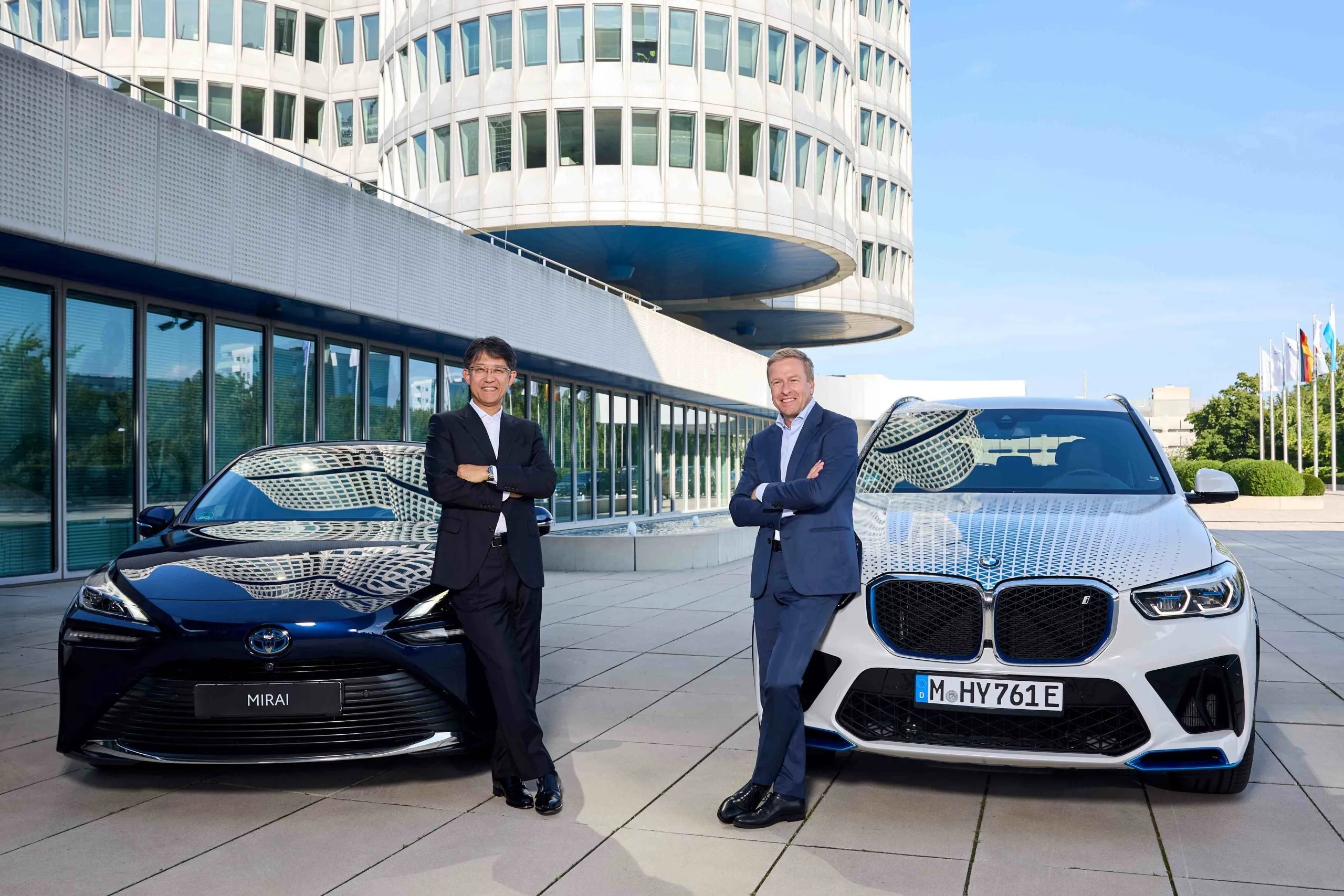Future Mobility Insights: BMW and Toyota's HFCEV Alliance Unveiled

In a bold move for future mobility, BMW and Toyota have announced an extension to their collaborative efforts on hydrogen fuel cell electric vehicle (HFCEV) technology. This partnership reaffirms both companies' dedication to exploring innovative powertrain options.
BMW is gearing up to launch its first production fuel cell electric vehicle (FCEV) in 2028, presenting consumers with an exciting alternative in the realm of electric powertrains. This strategic initiative not only showcases the commitment of these automotive giants to sustainability but also highlights their vision for a cleaner transport future.
Implications for Sustainable Transportation
The extension of the HFCEV collaboration indicates a significant shift in the automotive industry's approach to future mobility. By investing in hydrogen technology, both brands are positioning themselves at the forefront of a revolutionary change.
The Technology Behind HFCEVs
HFCEVs utilize hydrogen fuel cells to produce electricity to power the vehicle, resulting in zero harmful emissions during operation. The ongoing research and development from both manufacturers will be crucial in overcoming existing technological challenges and enhancing efficiency.
- BMW's future FCEVs are expected to have a significant range advantage.
- Toyota's experience in fuel cell technology will contribute to faster advancements.
Looking Forward
The automotive landscape is evolving, and the combined efforts of BMW and Toyota in advancing HFCEV technology underscore the transformative nature of future mobility solutions.
This article was prepared using information from open sources in accordance with the principles of Ethical Policy. The editorial team is not responsible for absolute accuracy, as it relies on data from the sources referenced.